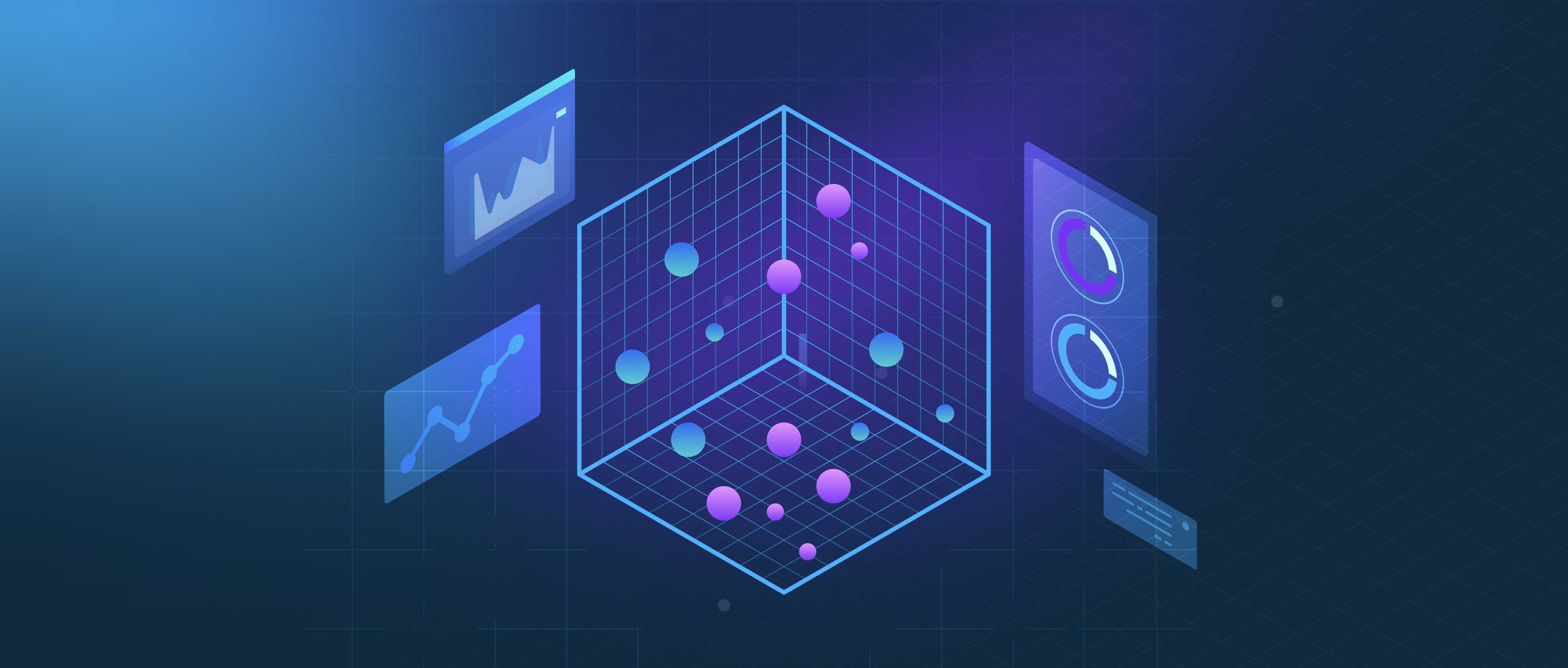LLMs play a significant role in education and e-learning by personalizing learning experiences, automating administrative tasks, and providing instant assistance. For instance, they can act as virtual tutors, answering students’ questions or explaining concepts in simple terms. An LLM-powered tool might help a student struggling with math by breaking down problems step by step.
Educators use LLMs to create content, such as quizzes, lesson plans, or study materials, saving time and effort. LLMs can also analyze students’ progress and suggest tailored learning paths. For example, if a student frequently struggles with a specific topic, the model can recommend additional resources or exercises.
Beyond content creation, LLMs assist with administrative tasks like grading assignments or summarizing feedback. This allows educators to focus more on teaching. Their multilingual capabilities make them effective for global e-learning platforms, where they can cater to students in different languages.
